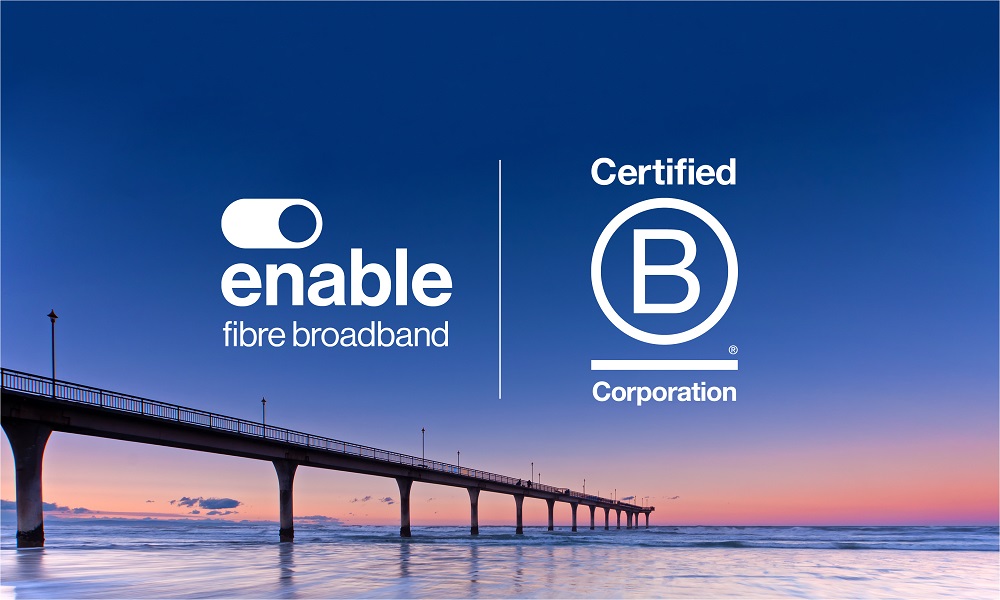It's Netsafety week. So we thought it would be a great opportunity to share some information from Netsafe on some of the most common scams currently in circulation, so you know what to look out for.

You won’t be surprised to read that we think the internet is incredible – and the faster it is, the better! Increasing access to fibre connectivity is accelerating our region; helping businesses grow, connecting friends and family, and enabling us to teach, learn, discover, and be entertained.
As wonderful as the internet is, sadly it’s not perfect (yet!). One of the big downsides is scams, which can be really hard to keep ahead of.
This week, Netsafe are hosting New Zealand’s Netsafety Week focusing on resilience self defence. It’s a week packed-full of knowledge and tactical learnings to arm Aotearoa with the tools for positive online experiences.
So, we thought it would be a great opportunity to start a kōrero (discussion) with our Enable community and share some information from Netsafe on some of the most common scams currently in circulation so you know what to look out for:
1. Cold calling scams – this is when someone calls your phone and tries to sell you a fake product or pretends to be a legitimate organisation. If they are trying to obtain personal information like an IRD number, bank password or access number, this is a telltale sign of a scam.
2. Tech support scam – Ever had a call or email from someone offering to help improve the speed of your slow computer or to update your computer's virus protection? Unless you have reached out to a reputable company yourself, do not engage with this person. Scammers will likely be trying to gain remote access to your computer.
3. Email or social media phishing scams – this may look like someone reaching out to you personally to tell you to click a link or say that you have won something. This message was sent to thousands of people with the hopes that someone will engage and give over their personal information. Try not to click on social media or email links from those you don’t know. If an email or request looks to be sent from someone you know but is odd or fishy, contact your acquaintance to see if it was from them.
4. Fake invoice scams - a fake invoice scam is when someone requests that a business pay a fake invoice for a product or service that was not requested or received. Check with all members of your whānau to see if they have used this company before and if not, ignore it.
5. Romance scams – this is when someone pretends to be in a relationship with someone in order to scam them. Romance scams can be developed over months through email, social media, dating apps or dating websites. Never send money or personal information after beginning an online relationship with someone - try to meet them in person and verify their identity.
Other common scams to be aware of include:
6. Receiving unsolicited goods
7. Unwanted subscriptions and trials
8. Investment scams
9. Webcam blackmail and sextortion
10. Government grant scams
11. Event ticket scams
You can read about these scams and how to avoid them, in more detail here via Netsafe.
Netsafe advises that a lot of scams work because of timing. For example, getting a call saying your internet isn’t working when you’ve been having problems recently. The best thing you can do is stop, get some advice, or look for more information.
How to report a scam:
There are a few ways you can report a scam. Netsafe can’t open investigations or track scammers, but they can offer advice for people who have lost money in a scam or think they are about to. You can report a scam to www.netsafe.org.nz/report.
If you receive spam, you can report it to the Department of Internal Affairs by:
- Email spam: Report email spam at co.nz
- Text spam: Report text spam for free on your phone by forwarding the spam text message to 7726.
The Department may contact you with details on how you can complete a report.


